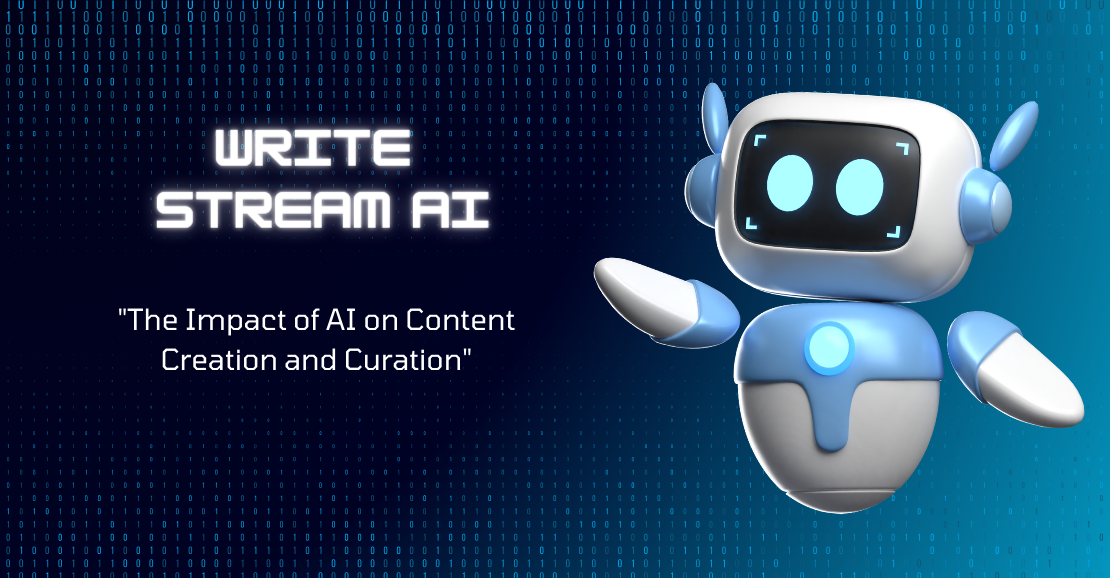In today’s digital age, the use of artificial intelligence (AI) has become increasingly prevalent in various industries, including content creation and curation. With the capability to learn, analyze, and generate content, AI is revolutionizing the way we produce and consume information. In this article, we will explore the impact of AI on content creation and curation and its implications for the future of journalism and media.
AI-powered tools and platforms are now being used by content creators and curators to streamline their work and deliver more effective results. One of the most significant impacts of AI on content creation is the ability to generate content at a faster pace. With the help of natural language processing (NLP) and machine learning algorithms, AI can understand and analyze vast amounts of data and produce written content, such as news articles, reports, and even social media posts. This saves content creators a significant amount of time and effort, allowing them to focus on other aspects of their work.
Moreover, AI can also enhance the quality and accuracy of content. By analyzing user behavior and interests, AI can personalize content to cater to the specific needs and preferences of the audience. This not only improves the overall user experience but also increases engagement and click-through rates. AI can also fact-check information, minimizing the risk of fake news and ensuring the credibility of the content.
In terms of curation, AI is making it easier for media companies to gather and organize information from a wide range of sources. With the use of AI-powered tools, content can be sorted and categorized based on keywords, topics, and sentiments, providing a comprehensive overview of current events and trends. This enables curators to identify relevant and trending stories quickly, leading to better-informed and timely content creation.
However, the impact of AI on content creation and curation is not without its challenges. One of the major concerns is the potential bias and lack of human touch in AI-generated content. While the algorithms can analyze data and produce written content, they cannot replicate the creativity and critical thinking of human writers. This may lead to a lack of diversity and originality in content, which can be detrimental to the media landscape.
Another issue is the potential job displacement of human writers and curators. As more media companies turn to AI for content creation and curation, the demand for human labor may decrease. This raises the question of the ethical implications of relying solely on AI for news and information dissemination.
In conclusion, the impact of AI on content creation and curation is undoubtedly significant. It is changing the way we produce and consume content, making it more accessible, faster, and personalized. However, it is crucial to consider the potential drawbacks and ensure ethical standards are met in the use of AI in the media industry. With proper regulation and balance between human and AI-generated content, the future of journalism and media can be a harmonious blend of innovation and quality.























Write your comment
Cancel Reply